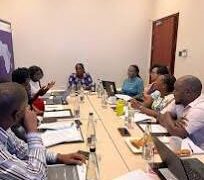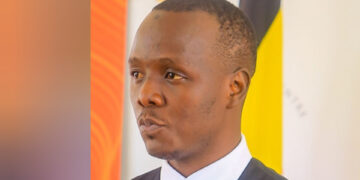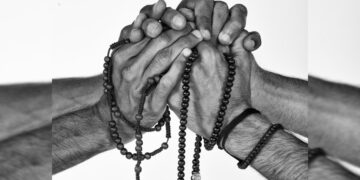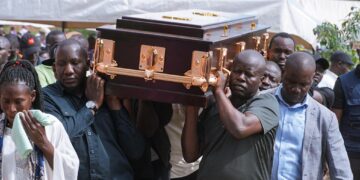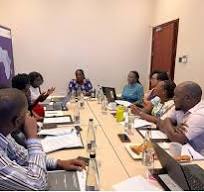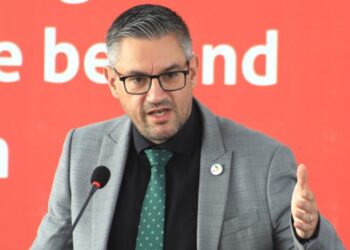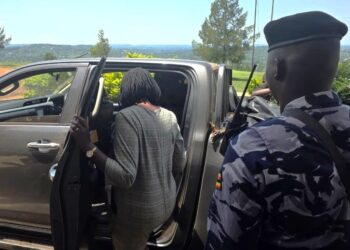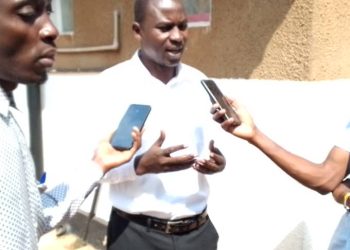By Ambrose Gahene
KAMPALA
The European Union (EU), in partnership with the German Federal Ministry for Economic Cooperation and Development (BMZ), is funding the Better Migration Management (BMM) Programme.
The British Council, one of the implementing partners of the BMM programme, hosted a closure event on Thursday, 29 May 2025, at the Golf Course Hotel in Kampala. This high-profile event highlights the power of youth and community in driving safe migration solutions and marks the culmination of the British Council’s impactful work under the BMM Programme in Uganda.
“This event is more than a closure — it is a celebration of community voices, youth-led innovation, and cross-sector collaboration that have made migration safer and more informed for vulnerable populations. We’re not just reflecting on our progress; we’re setting the stage for better ways forward,” said Emily Ikiriza, Programme Manager, British Council.
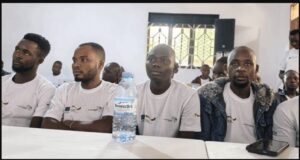
Under the theme “Celebrating Community and Youth Efforts in Safe Migration,” the event brings together stakeholders from government ministries, international development partners, civil society organisations, and local communities — including youth leaders and platform members from Kapchorwa, Mpigi, and Bushenyi districts, as well as their counterparts from Ethiopia.
According to a statement released to the media, since its inception in Uganda, the British Council component of BMM III has empowered young people to become agents of change through 14 dynamic youth-led social action projects.
“These initiatives have tackled the root causes of unsafe migration by raising awareness, building entrepreneurial skills, and creating sustainable livelihood alternatives”, reads the statement in part.
Metsnanat Sahle, BMM Senior Programme Manager, British Council, said:
“As Uganda closes this chapter of the BMM programme, the coordination created between the local officials, community platforms and young people will continue and sustain these efforts by continuing to amplify the voices of migrants, potential migrants, and host communities, ensuring that safe migration becomes a reality for all.”
Mr. Gilbert Kabuzire, Ministry of Internal Affairs representative at the function, said Uganda has positioned herself as a counter human trafficking intervention country. He said Uganda has been granted the opportunity to teach other countries on ways of mitigating human trafficking.
“The British Council is supplementing the Government’s interventions to curb human trafficking”, he said.
GIZ, and high-level representatives from the British High Commission. Participants also witnessed inspiring video screenings, policy recommendations from platform members, and firsthand stories of transformation from project participants.
A key highlight of the event is the Social Action Marketplace, where youth participants showcased their innovative projects, offering a unique platform for dialogue, learning, and future partnerships.
This flagship event also crowned a dynamic cross-border workshop held in Uganda (25–29 May 2025), which brought together youth leaders, civil society organisations, local government officials, and community platform members from Ethiopia and Uganda to reflect on shared lessons and forge lasting regional partnerships, for safer and more inclusive migration management.
The workshop was part of the British Council’s commitment to deepening collaboration in the Horn of Africa, building on a similar exchange hosted in Ethiopia in March 2025.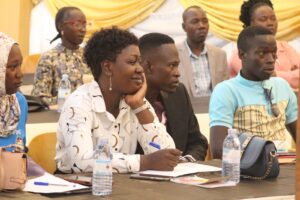
The statement in addition states: “The Better Migration Management (BMM) Programme is a multi-year initiative involving several partners, including the British Council, CIVIPOL, GIZ, IOM, and UNODC. This programme spans Djibouti, Ethiopia, Kenya, Somalia, South Sudan, and Uganda. It aims to enhance migration management, specifically targeting trafficking and smuggling of migrants in and from the Horn of Africa”.
The statement adds: “Through the BMM Programme more than 61, 000 migrants and trafficking victims have been assisted by providing accommodation, medical care, food, psychosocial assistance and more”.
“It has facilitated the creation or updates of 30 national migration policies, trained more than 16,613 individuals in investigation, prosecution, and border management, and formed the regional East and Horn of Africa Anti-Trafficking (EHAAT) Network of about 100 CSOs civil society organisations”.
